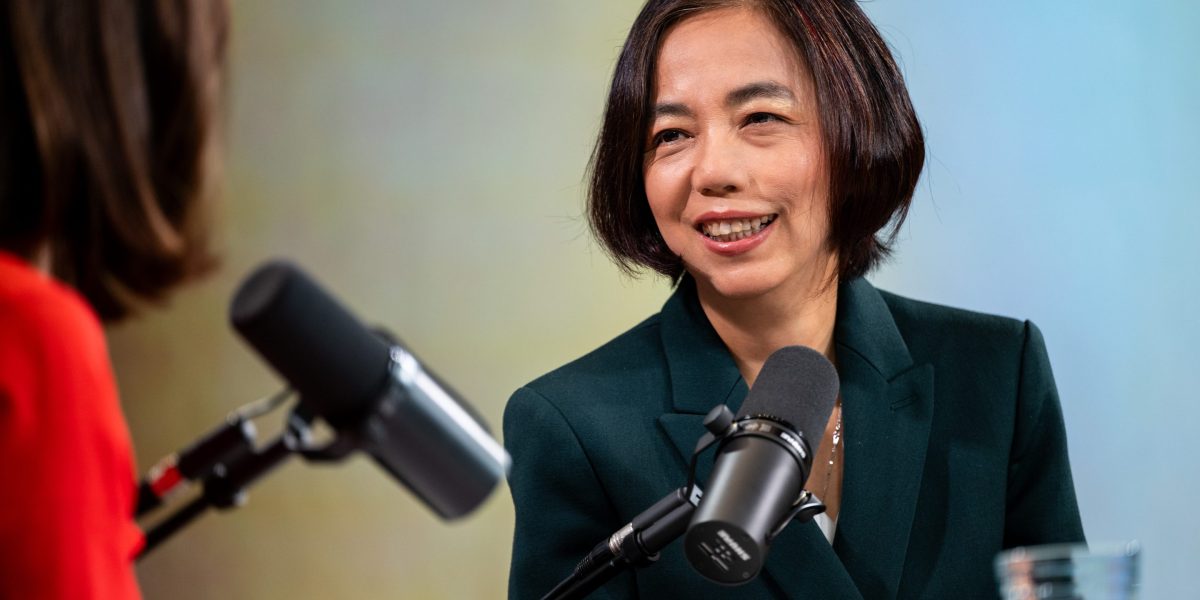Digital health provider Kry, known as Livi in the UK and France, has today announced that another 10% of its workforce of about 3,000 will be laid off — its second set of layoffs this year.
Early on Monday morning employees at Kry were told by the CEO and cofounder Johannes Schildt that further job cuts would be made across the organisation to respond to the worsening market outlook.
Kry is hardly alone in letting go of employees. Since the market crunch began at the beginning of the year, a large number of European startups have cut jobs as a way to stretch out their runways — Klarna, Getir, Hopin, Bitpanda and Voi have all announced cuts of 10% or more too. Klarna, like Kry, has made multiple rounds of cuts.
Path to profitability
Kry has raised $721m, according to Dealroom — its most recent round of funding was a Series D follow-on of $160m in July — but it is still making substantial losses. The business is not profitable at group level.
In 2021, Kry doubled its annual revenue to almost €150m but made losses of almost €110m (1.1bn SEK). Its biggest cost, like most companies, was employees — coming in at nearly €140m.
Like many other startups, Kry has also seen its valuation hit by the new market conditions. Some institutional owners have written down the value of their shares by 38–50%, according to Swedish business outlet Dagens Industri.
As a result, the business needs to fast track its route to profitability to be able to raise more money on favourable terms. “Becoming profitable has always been our goal, but now, we have to get there faster,” Schildt tells Sifted.
Which roles are affected?
Schildt intends to cut down on expansion and growth and focus more on Kry’s core product (as a health provider). That means that roles within M&A, growth and long-term initiatives will be hit.
Kry, which operates in Sweden, Norway, Germany, France and the UK, will also have to reorganise staff to cut costs.
“We have had a local setup before and now we will try to find synergies across our different markets,” Schildt says.
That means that most functions will be centralised, rather than run by teams in each market. These layoffs will not affect care staff, which is an area where Kry will continue to hire.
“The demand for our digital health services is high, however, we have to adapt to these new market conditions,” Schildt says. “We have the runway we need to become profitable, and now it is about taking control of our own cash flow and not having to depend on external factors.”
Mimi Billing is Sifted’s Nordic correspondent. She also covers healthtech, and tweets from @MimiBilling






































